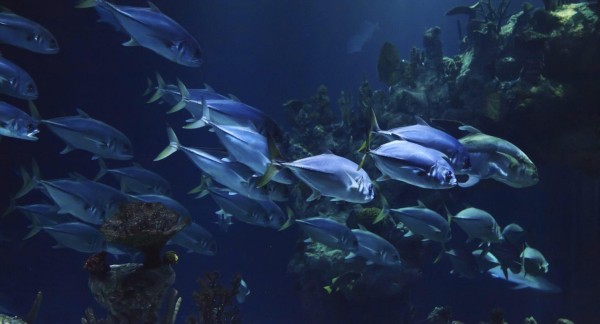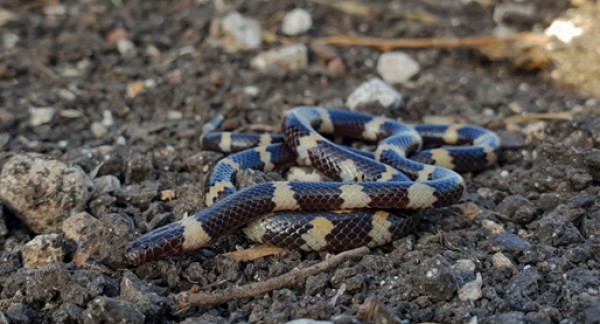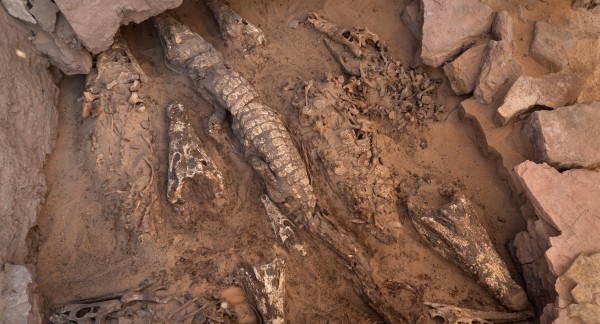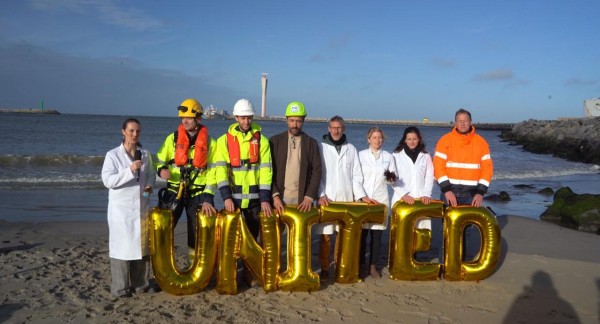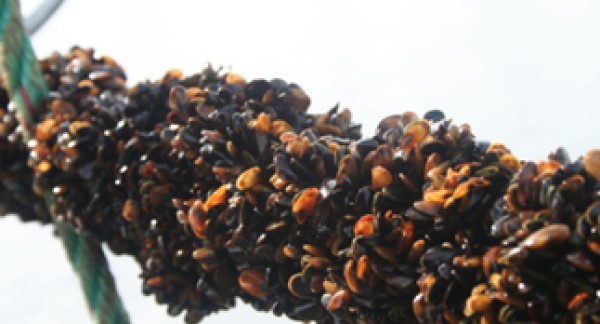News
New treaty protects biodiversity on high seas
08/03/2023
Ice Age Survivors
01/03/2023
Large-scale genomic analysis documents the migrations of Ice Age hunter-gatherers over a period of 30,000 years – they took shelter in Western Europe but died out on the Italian peninsula.
Scientists find a new family of snakes
13/02/2023
An international team of researchers led by the University of Helsinki has revised the phylogeny of the Elapoidea, an important group of snakes. By doing so, they discovered a new family of snakes.
Bright Festival : du 16 au 19 février
06/02/2023
Egyptian tomb with ten crocodile mummies discovered
18/01/2023
Spanish archaeologists made an unusual discovery in southern Egypt: a still undisturbed tomb containing ten mummified crocodiles. Archaeologists from our Institute had the opportunity to study the mummies.
A global framework to halt biodiversity loss and restore natural ecosystems
21/12/2022
UNITED wins Blue Innovation Swell Award 2022
16/12/2022
Inauguration of the Belgian Climate Centre
12/12/2022
Marine Forecasts serving Smart Aquafarming
06/12/2022
'Morris' has arrived
28/11/2022
The Camarasaurus-like sauropod we excavated this summer in Wyoming is now in our lab.
